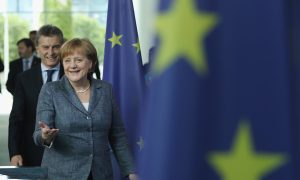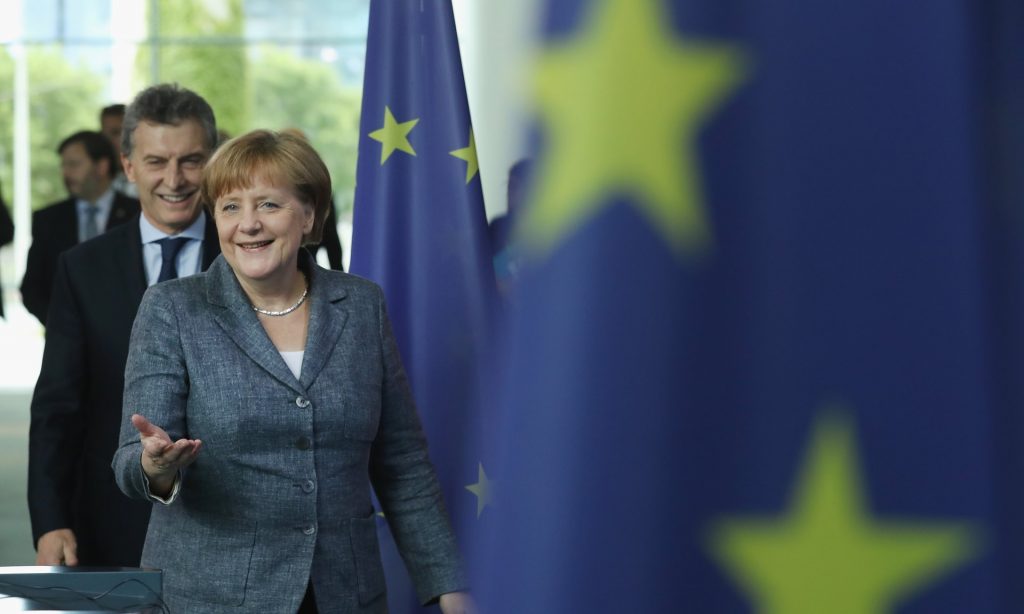The German government has announced a commitment of €47.6m (N16.23bn at the official exchange rate of N341.14 to one euro) as financial support to Nigeria for technical cooperation programmes and special project initiatives.

This was revealed by the Leader of a German delegation, Mrs. Renate von Boddien, during a meeting of the Nigeria-Germany Consultations on Development Cooperation, hosted by the Federal Ministry of Budget and National Planning in Abuja on Thursday.
A statement issued by the ministry stated that Boddien disclosed that the commitment was part of bilateral technical cooperation and special project initiative aimed at tackling the root causes of displacement of refugees and speed up their integration under the ‘One World No Hunger Green Innovation’.
This, according to her, will also strengthen Germany’s support for the Green Innovation Centre for Agriculture and Food Sector.
She explained that €22.6m was earmarked for bilateral technical cooperation and special funding lines; €19.9m for special initiatives to tackle the root causes of displacement/reintegrating of refugees; and €6m for special initiatives for the ‘One World No Hunger’ project initiated to strengthen its support for the Green Innovation Centre.
Boddien reaffirmed the German government’s commitment to stay engaged in the priority areas of sustainable economic growth, Nigerian energy support programme and technical cooperation.
She was quoted to have said that the “technical cooperation is being implemented through the pro-poor growth and employment promotion programme in Nigeria, which was inaugurated by the German Ministry of Economic Cooperation and Development and is co-financed by the European Union.
“The objective is to increase employment and income generation for Micro, Small and Medium-sized Enterprises in the three states of Niger, Ogun and Plateau.”
She further stated that other areas Germany was planning to also commit funds included humanitarian support in the North-East, the fight against polio disease and to support technical and vocational education.
The Minister of Budget and National Planning, Senator Udo Udoma, commended the German government for its support and told the German Ambassador to Nigeria, Mr. Schlag Heck, that the Federal Government was working hard to diversify the Nigerian economy.
This, he said, would stimulate growth through agriculture, solid minerals, manufacturing and development of processing zones.
The minister urged German investors to invest in Nigeria and create jobs so as to ensure development, adding that the government had provided enabling environment for investors.

